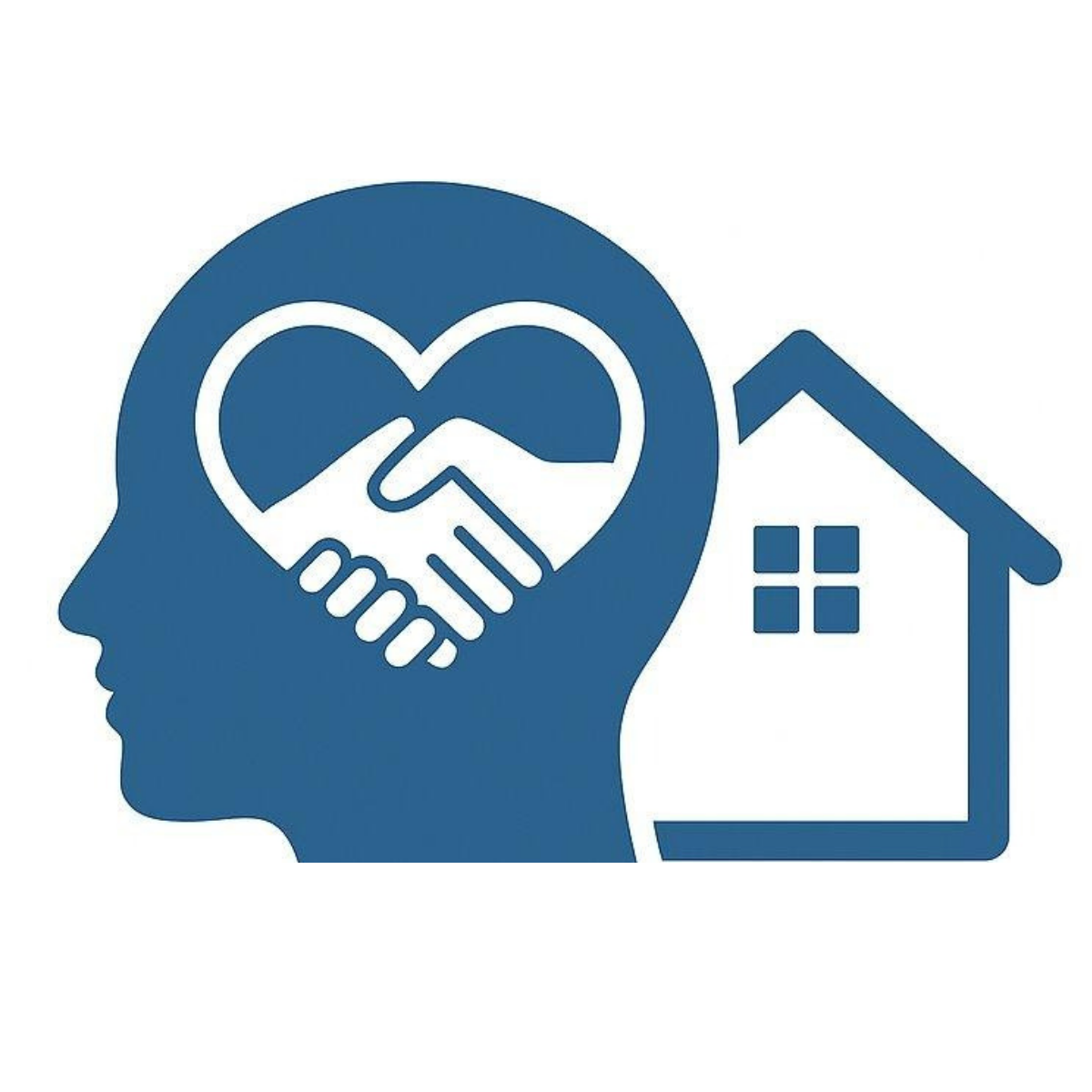Welcome to the Long-Term Care Toolkit
This toolkit is part of a research project that focuses on building psychological safety in long term care and strengthening equity and trauma informed organizational capacity. Our team has developed a multi-level, intersectional inventory of high-quality resources.
Whether you’re a registered nurse, nurse practitioner, registered practical nurse, personal support worker, trainee, healthcare leader/manager/supervisor, director, administrator or HR specialist in long term care, there is something here for you.
Upon entering the site, you can choose resources based on the focus of the intervention, sector, format, or location. We want to create a community of support for long term care so if you try a resource and like it, feel free to click on the logo and leave a comment.

Trauma - Informed Care Implementation Resource Centre
The website is part of Center for Health Care Strategies, which is based in the United States, and provides various resources for trauma-informed care. The resources range from learning about trauma-informed care, how to implement it in the workplace with relevance to leaders, staff, and patients, and policy considerations.
Joy in Work Toolkit
This toolkit outlines essential components for fostering joy in the workplace and supporting the public health workforce. It also includes an action guide for leaders to promote staff well-being and cultivate joy at work
CUSP Program: Psychological Safety
The purpose of this presentation is to introduce the concepct of psychologbical safety, Identify barriers and facilitators that impact psychological safety and describe steps to create and implement a psychologically safe environment
Healthcare Compassion Fatigue
This video talks about how compassion fatigue is a risk to anyone exposed to the stress of trauma, especially frontline workers. Learn the signs and symptoms of caregiver burnout and how to build resilience.
Stress First Aid Toolkit for Long-Term Care Workers During the COVID-19 Pandemic
The Stress First Aid toolkit is a self-care model with seven actions, including five core actions and two continuous actions, to address stress in long-term care.
Trauma Informed Care Toolkit
A comprehensive resource designed to empower nursing homes in fostering well-being and resilience among residents and staff. The toolkit is dedicated to assisting nursing facility administrators and their teams on their path towards delivering person-centered, trauma-informed care.
Implementing Trauma - Informed Care: A Guidebook
This guidebook focuses on supporting nursing homes and other long term care facilities for older adults on how to implement trauma-informed practices and policies.
Trauma-Informed Workplaces: Concepts, Strategies, and Tactics to Build
This toolkit provides educational concepts and practical strategies to support team members in advocating for more trauma-informed workplaces.
Getting Rid of Stupid Stuff
In its program “Getting Rid of Stupid Stuff,” Hawai’i Pacific Health (HPH), a not-for-profit health care system invites clinical staff who use its electronic health record system to identify documentation and other practice requirements that should be eliminated, changed or modified.
Healthy Nurse Healthy Nation
By focusing on six key domain areas of content — mental health, physical activity, nutrition, rest, quality of life, and safety — the Healthy Nurse, Healthy Nation program aims to holistically enhance and support all aspects of nurse well-being and wellness.
Establishing a Chief Wellness Officer Position
This toolkit advocates for the necessity for an organizational groundwork for wellness in the workplace. It reviews the purpose and role of the chief wellness officer and how it would benefit the organization.
Moral Stress Amongst Healthcare Workers During COVID-19: A Guide to Moral Injury
A practical resource for healthcare workers and organizations to better understand the range of moral emotions arising from the COVID-19 pandemic and to develop organizational and individual strategies to mitigate risks of lasting harm.
Time to Speak Up: A Graphical Depiction of Psychological Safety in Health Care Teams
An article that presents scenarios related to psychological safety in health-care teams, while illustrating barriers and modelling a culture where individuals feel at ease to share their thoughts and concerns.
Well-being Debriefings for Health Care Workers
A facilitator training manual that guides the delivery of informal, peer-facilitated, small-group meetings and gives health-care workers the chance to discuss the difficult nature of their work and the issues that negatively affect their resiliency.
Death Cafes for Prevention of Burnout
Informal discussions focusing on death, dying, loss, grief, and illness. They allow for reflection on distressing events and offer community and collaboration among hospital employees outside of work. With Covid-19 limiting social interactions and overloading of ICUs worldwide, their virtual administration provides an innovative strategy to mitigate burnout


















Workplace Violence Prevention Toolkit, created by WeRPN, with support from the Ministry of Health and Long Term Care, was designed to support nurse’s knowledge and confidence in addressing workplace violence and harassment in their workplace. The toolkit contains 10 sections (Intro, Overview and 8 modules) and Workplace Violence Prevention Quiz is available after these are viewed.